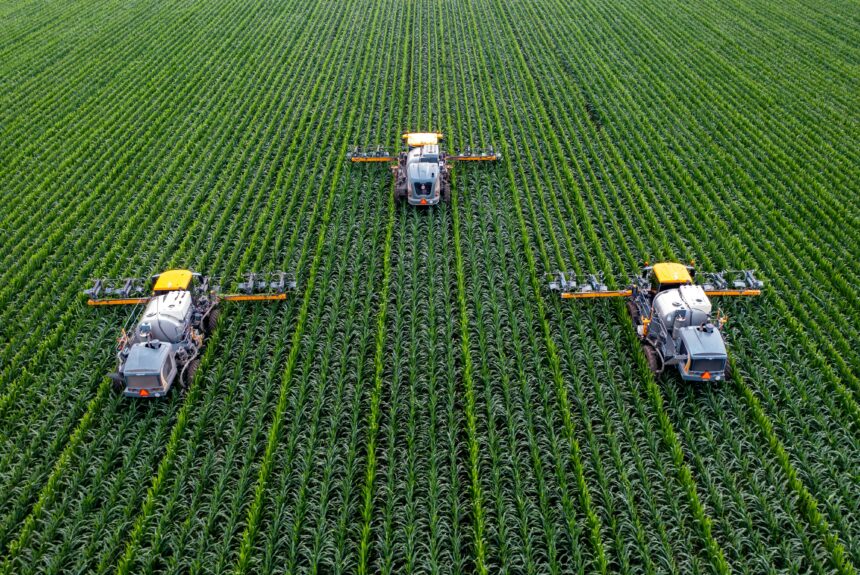With the Farm Bill set to expire in September, lawmakers are negotiating what should be included in the next bill, the provisions of which will last five years. While the Farm Bill largely deals with American agriculture, crop insurance and food assistance, it is also a critical vehicle to promote American conservation. But one key change to this year’s Farm Bill could lead to more responsible spending for environmental results.
But first, why is the Farm Bill so critical to conservation? According to the Theodore Roosevelt Conservation Partnership:
“Farm Bill conservation programs, administered by the U.S. Department of Agriculture, conserve and restore fish and wildlife habitat, expand hunting access, and build resilient farms and ranches. The Farm Bill is also the single-largest source of private lands conservation funding, providing roughly $6 billion annually through voluntary, incentive-based programs that benefit landowners, wildlife, and outdoor recreation.”
With that in mind, it makes more sense as to why the Environmental Quality Incentives Program (EQIP) is tied to the Farm Bill. EQUIP was authorized through the 1996 Farm Bill, and the 2018 Farm Bill increased program funding so it reached $2 billion annually by 2023. Administered by the U.S. Department of Agriculture’s Natural Resources Conservation Service, EQUIP was structurally designed to support farmers, ranchers, and producers interested in conserving and improving natural resources on their farms and ranches.
When given out as individual grants, there is a long list of things this money can fund for financial and technical assistance. This includes projects for “improved water and air quality, conserved ground and surface water, increased soil health and reduced soil erosion and sedimentation, improved or created wildlife habitat, and mitigation against drought and increasing weather volatility.” A key question for policymakers and taxpayers is: is the project achieving these desired outcomes?
That question has been difficult to answer because measurable data is not easily available for the program. A study published in the American Journal of Agricultural Economics explained why:
“The Environmental Quality Incentives Program (EQIP) is the primary conservation program on working agricultural land. The United States Department of Agriculture obligated over $15 billion through EQIP cost-sharing contracts during the fiscal years 2009–2019. The voluntary nature of the program and the lack of performance assessment have led to speculations regarding the effectiveness of the program in delivering environmental benefits, in particular for improving water quality.”
If our government is spending billions of taxpayer dollars to try and achieve positive environmental outcomes on agricultural land, we should be measuring results to be sure spending is on the right course.
>>>READ: Amazon Collaborates with Hippo Harvest on New Sustainable Greens Line
One key reform lawmakers should pursue for the 2023 Farm Bill is a requirement for detailed data tracking of all EQUIP and other conservation grants to see what measurable results these programs are creating. Is money being used how it should be? Is America seeing improvements in wildlife habitat, water quality, soil quality, and other environmental measures? These questions are ones that could be answered with data tracking over the next five years.
A March 2022 Congressional Research Service report on the Farm Bill stated, “As part of the next farm bill, Congress may evaluate how well farm bill conservation programs assist producers in climate change-related goals.” But how can you tell if it is working without close monitoring? This sort of evaluation that provides better stewardship of taxapyer money should indeed be included as part of the 2023 Farm Bill.
Kelvey Vander Hart is a native Iowan, a member of the American Conservation Coalition, and a communications specialist at Reason Foundation.
The views and opinions expressed are those of the author’s and do not necessarily reflect the official policy or position of C3.
